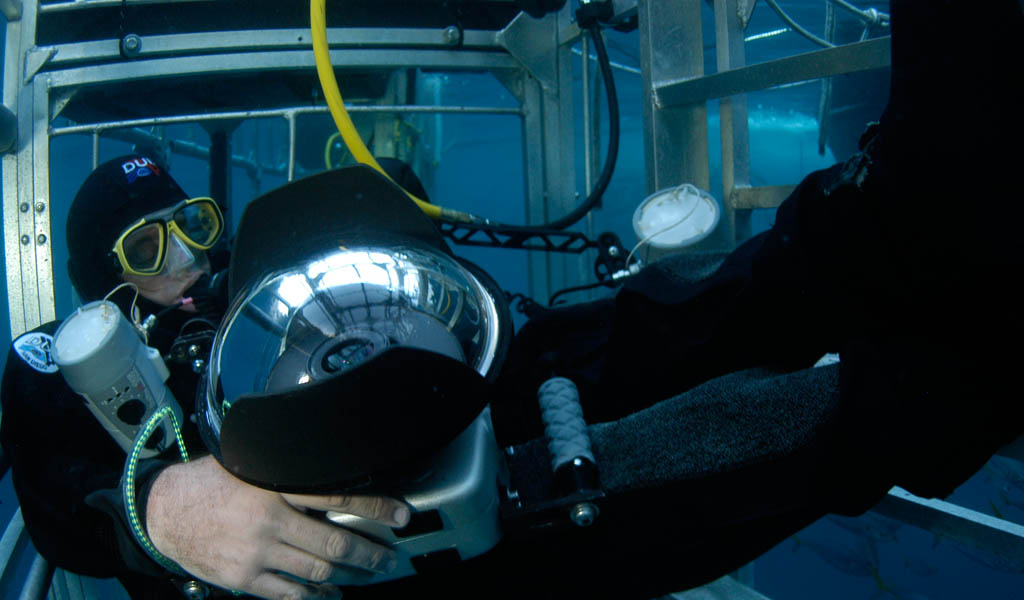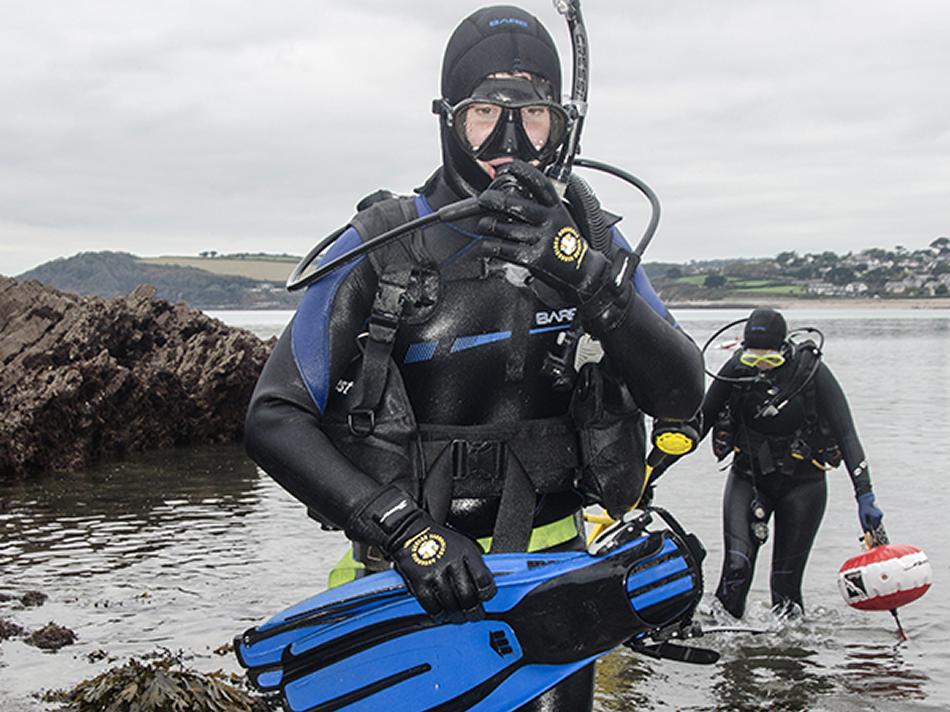
You got up early, drove to the coast and now you’re cold and exhausted! Michelle Haywood sets out the science of sleep and how it may affect divers...
Your body temperature is regulated by the hypothalamus inside the brain. Normal human body temperature is 37.0ᵒC, although this varies by plus or minus 1ᵒC. However, no one has exactly the same temperature at every moment of every day. You experience your highest body temperatures in the late afternoon.
If you’ve ever pulled an all-nighter, you may have noticed that you begin to feel really cold in the hours before morning, around 4-5am. Sleep is one way of conserving energy. Millions of years of evolution have found ways to ensure that our use of energy is as efficient as possible. In the days before the food security and 24-hour supermarkets that we now enjoy, conserving energy was the difference between surviving or not surviving periods of starvation. During our sleep phase when we are inactive, we don’t need to generate as much heat. Your internal temperature hits its lowest point at the time when you would normally be in deep sleep. If instead, you are awake at that time, you will experience early morning shivers, that feeling that you just can’t get warm.
The daily changes in your body temperature are driven by your circadian clock, a system that helps your body to respond to a daily routine. Your circadian rhythm is influenced by several factors; brightness of light, timing of light exposure, melatonin levels, physical activity and social behaviours. The circadian clock actively manages sleep and wakefulness to occur in synchrony with light-dark cycles. This internal clock boosts cortisol production, shuts off melatonin secretion and raises our heart rate about two hours before we are due to wake.
In modern society, we rely on alarm clocks to wake us from sleep, often hours before we would naturally wake. Early morning starts are very common for divers. Who hasn’t got up at 4am to head to a dive? It’s a time in the morning that feels cold, and that’s because our body temperature is likely to be at it’s lowest at that point. No wonder that when you jump in the car you can’t wait for the engine to warm up to get the heater turned on.
It’s not just your body temperature that is low when you wake early. Sleep is required for good mental health and insufficient sleep has negative effects on mood, cognitive performance and motor function. This issue is recognised in many industries including airlines, lorry driving and emergency services. For an early morning start to go diving, we all know those divers who are grumpy and muddled. It’s not a good combination with a complex task such as scuba diving and a very good reason why you should check and pack all your kit the night before an early start. If you try to do it in the morning, you’ll struggle to remember what you need and fumble while packing it.
Your early start is just the beginning of the problems. Loss of sleep in the morning means that as the day wears on your attention span, processing speed and reasoning skills will suffer. Simple attention is most strongly affected by short term sleep loss. Each individual has their own sleep style – some are early to bed, some are night-owls, some are early risers and some could sleep until midday if they were allowed. Within a dive team, the effect of the early start on each person could, therefore, be very variable.
Dive managers have to juggle a number of factors to come up with a dive plan for the day. We tend to focus on the tides, weather, harbour access, travel time to site etc, but perhaps we should also be mindful of the extra risks we introduce if we call an early start to our dive day. Even for inland sites where the queue notoriously starts at 5:30am, the divers waiting in those cars are likely to have lost sleep to get there. Low body temperature may increase the risk of hypothermia and as the day progresses the cognitive impairment will start to have an effect. Evolution doesn’t expect us to get up at dark o’clock!
BSAC members save £££s every year using BSAC benefits.
Join BSAC today and start saving on everything from scuba gear, diving holidays and diver insurance, to everyday purchases on food, online shopping and retail with BSAC Plus. Click to join BSAC today.
This column was originally published in SCUBA magazine, Issue 105 August 2020.
Images in this online version may have been substituted from the original images in SCUBA magazine due to usage rights.

 Author: Michelle Haywood | Posted 26 Aug 2020
Author: Michelle Haywood | Posted 26 Aug 2020



